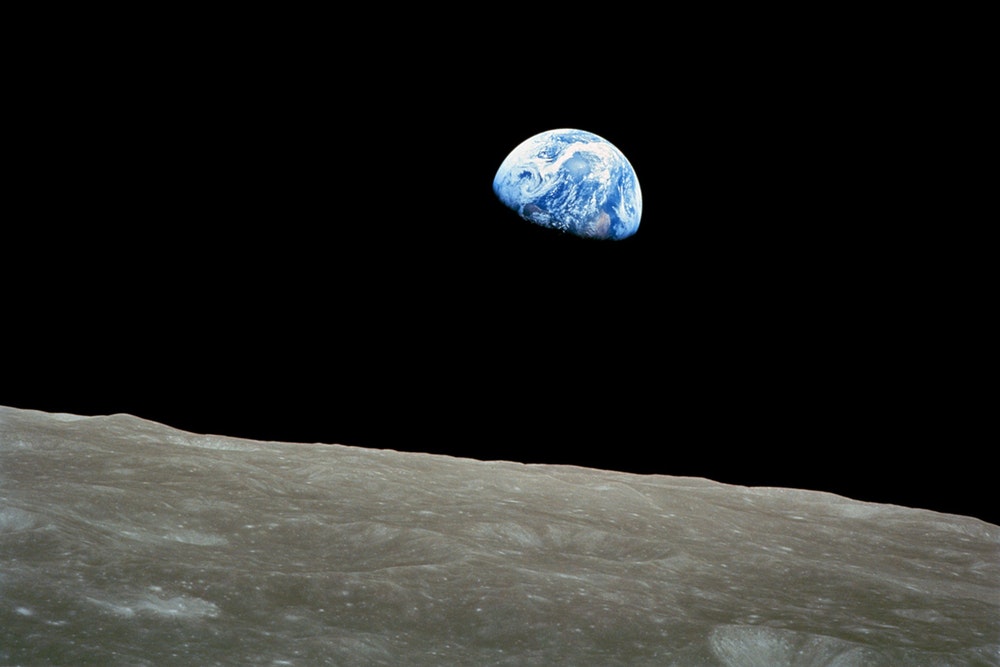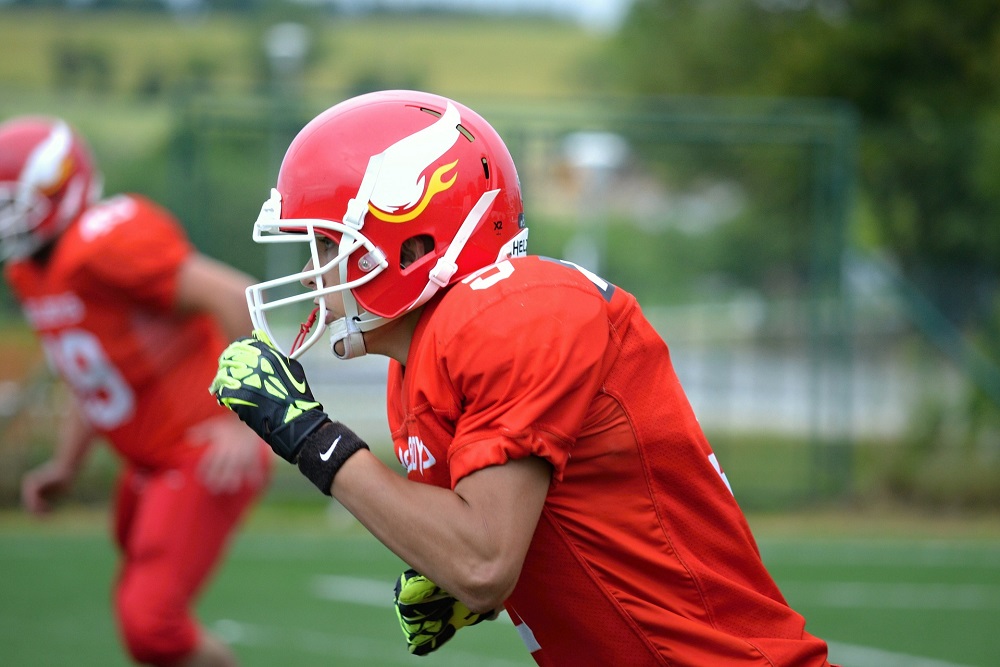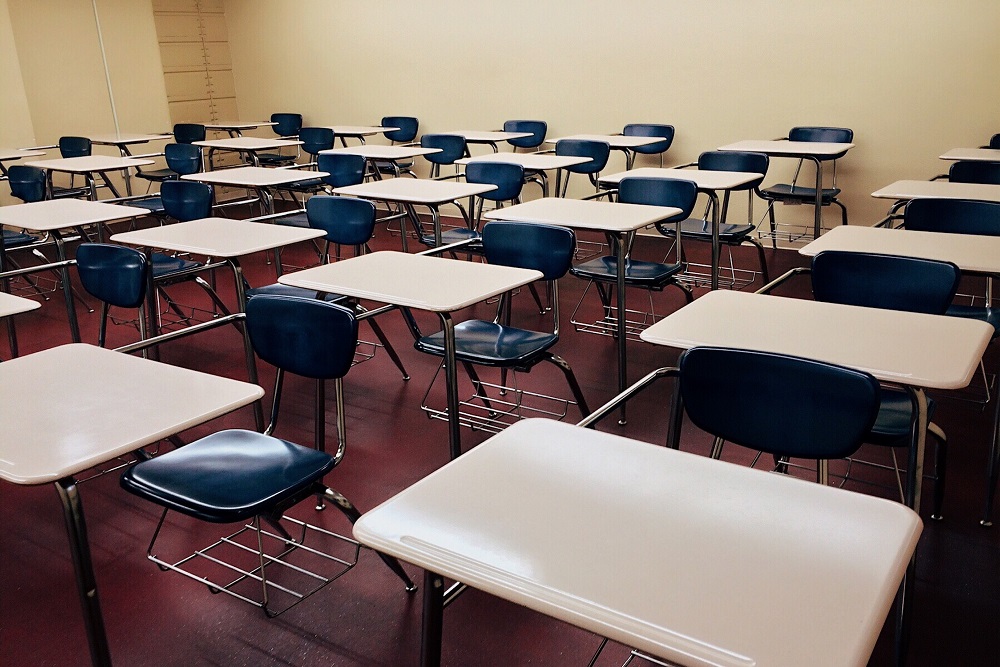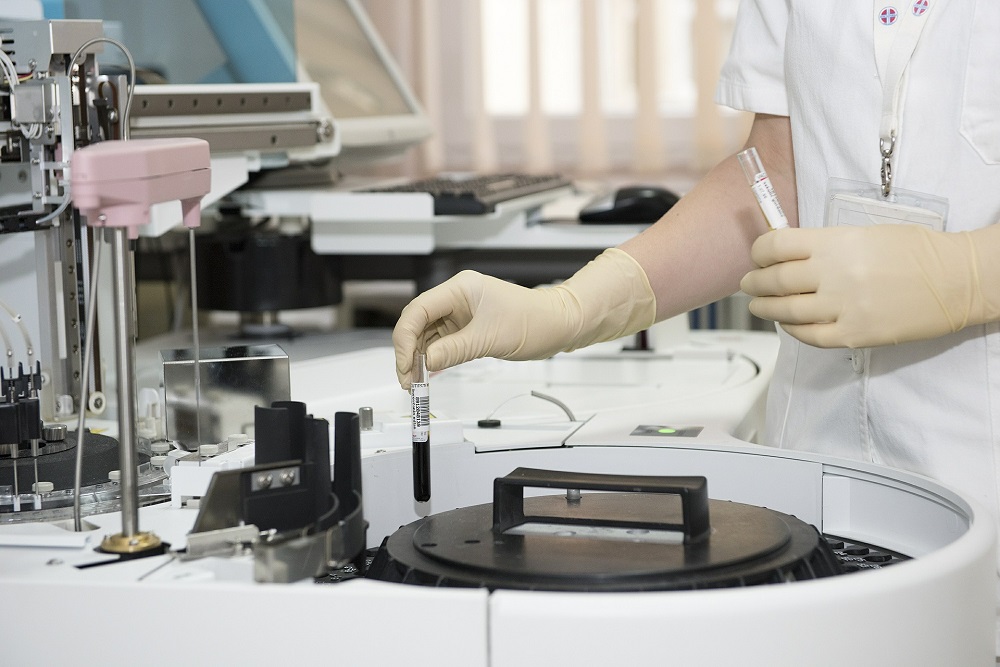NASA poses a challenge for the students to be part of the space exploration for the upcoming mission which aims to set humans to the moon in 2024.
To participate, students from graduate and bachelor’s program have to submit proposals for the new competition called the Revolutionary Aerospace Systems Concept – Academic Linkage (RASC-AL). The contest will showcase creative and innovative ideas of the participants that will contribute to NASA’s program called Artemis.
Artemis program’s goal is to pave a path for humans to walk on the moon by 2024 and also for a future endeavor on Mars exploration.
In a statement released from NASA headquarters in Washington, Douglas Craig, strategic analysis division manager of Human Exploration and Operations Mission Directorate’s Advanced Exploration Systems (AES), said this regarding the RASC-AL competition:
This year’s RASC-AL competition directly addresses the agency’s goals for the Artemis program: returning humans to the moon with the intent to prove concepts for sustainably exploring Mars.
The said competition requires the participating teams to notify the agency until October 15th via submitting an online application form. The next step is to send the proposals as well as the video submission form until March 5th next year. It spans into five (5) aerospace design themes to choose from and cultivate it uniquely by the participants.
Only fifteen (15) finalists will be handpicked and will set to be at Cocoa Beach in Florida for the RASC-AL forum by June 2020. The two final teams will then be invited for an aerospace conference to present their projects.
A vehicle designed for moon surface exploration by a team from the University of Puerto Rico-Mayagüez earned the first place back on June 17 to 20 during this year’s RASC-AL competition.
Onsite NASA experience for students
A mechanical engineering tech student from Pitt Community College (PCC), Lindsay McNally, was accepted to participate in NASA’s program called Community College Aerospace Scholars.
She received the notice of her onsite visit which will be held on October 7 to 11 at Langley Research Center in Virginia.
The program is designed to support STEM students which are historically underrepresented. It opens up opportunities to be part of the hands-on field experience in NASA and aspire them to take their learnings to the next level. The agency hopes to uplift STEM students to finish their two-year degree or pursue a similar university degree to work for NASA.
McNally enrolled and completed an online NCAS course to be able to be considered for the onsite NASA experience. It was a five-week course and she was able to complete it by submitting a Mars rover design as the final project.
With the set sights to walking on the moon and daring Mars exploration, NASA continues to present students resources and opportunities to unlock their potentials.







